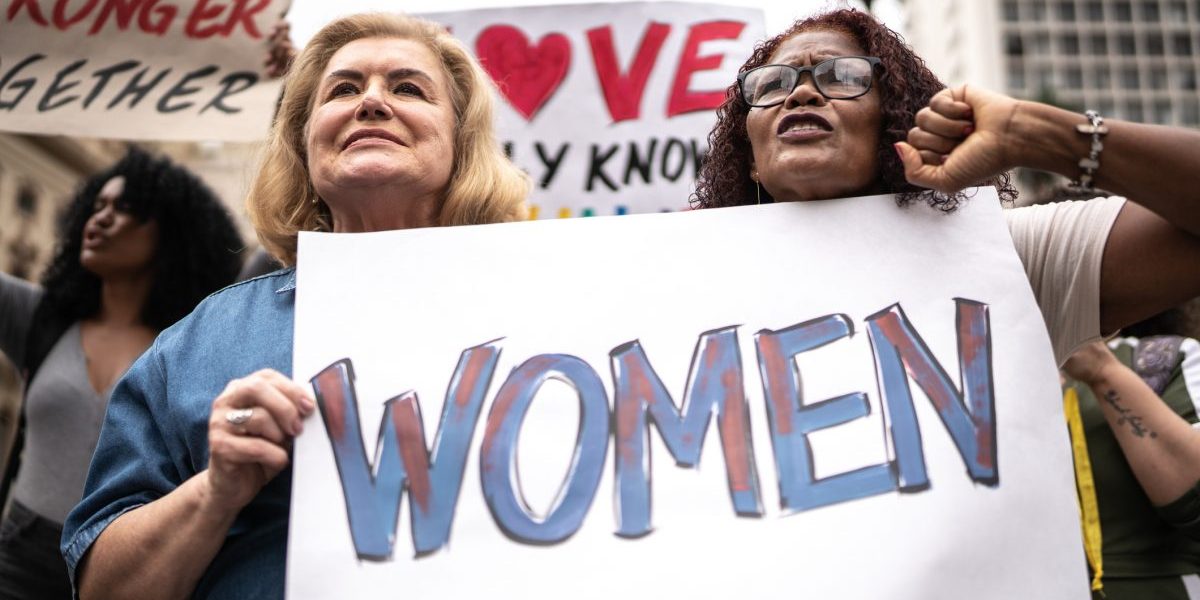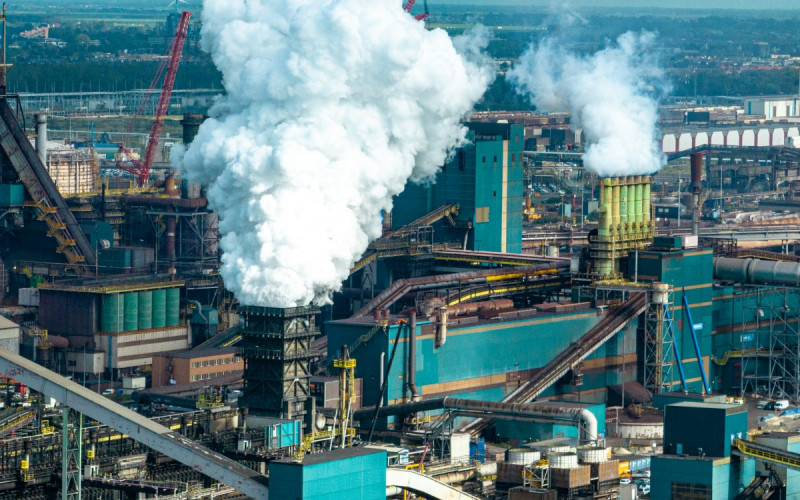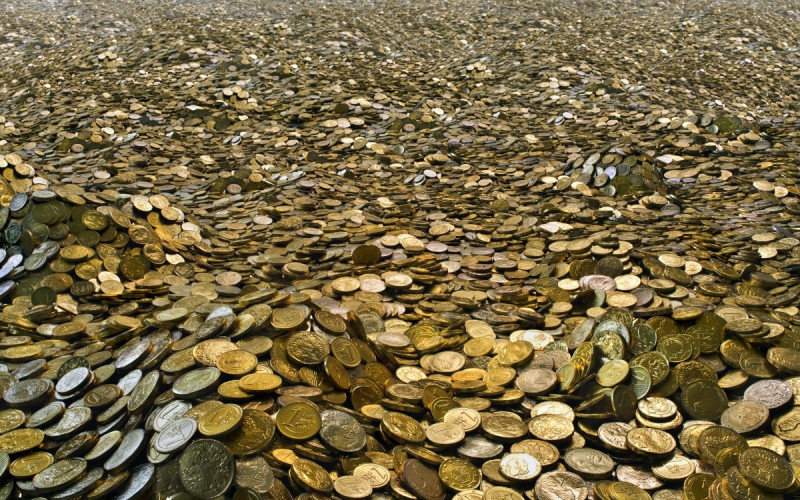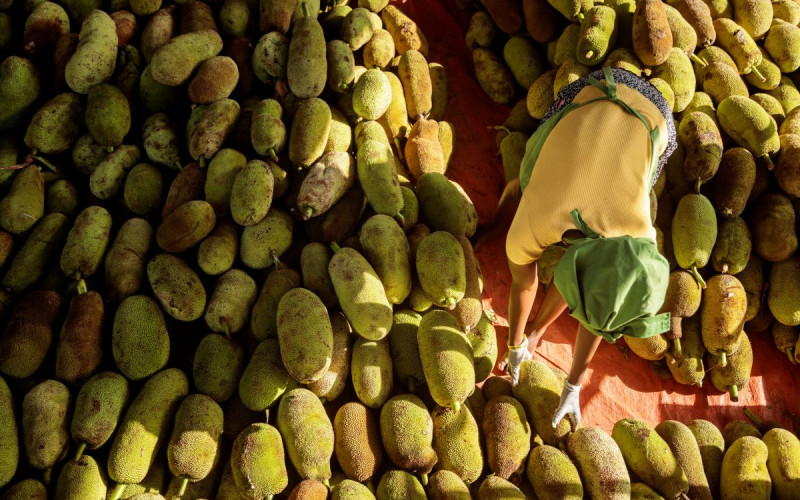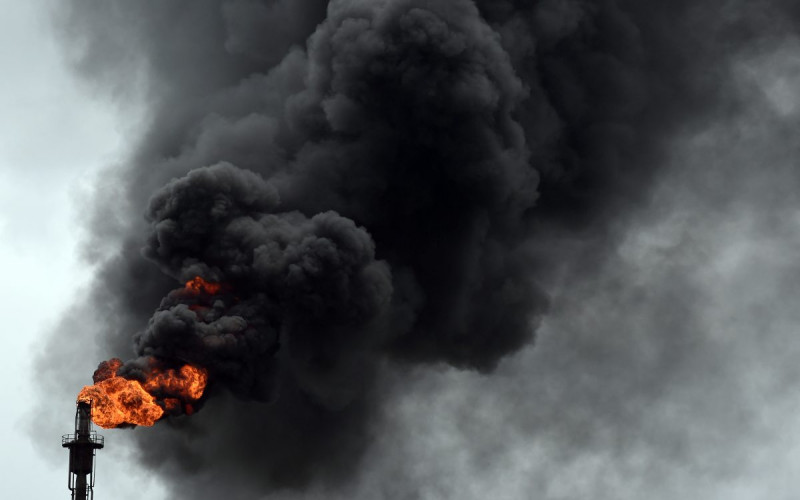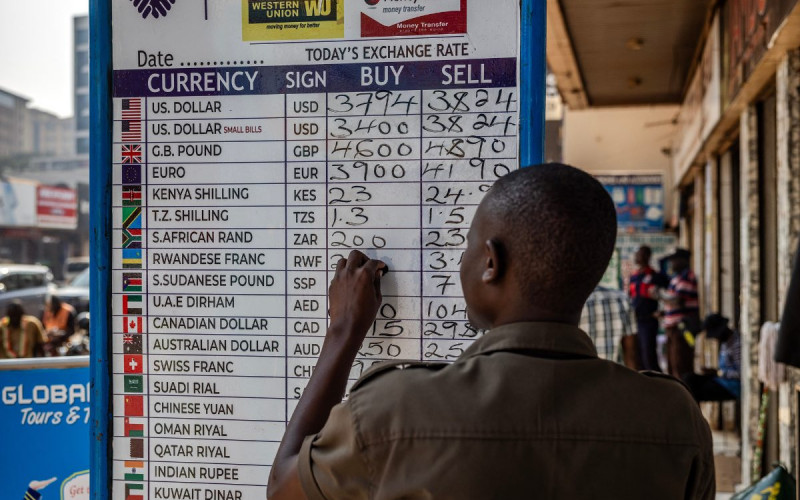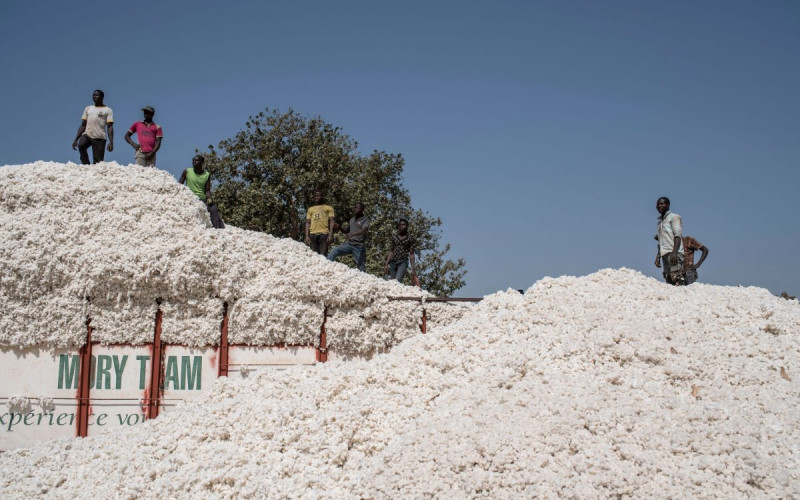International Women’s Day, dedicated to fostering gender equality and putting a spotlight on women’s rights, is celebrated annually on March 8. The day recognises gender equality as a necessary foundation for a peaceful, prosperous and sustainable world. This year, the day will be marked under the themes “#EmbraceEquality” and “DigitALL: Innovation and technology for gender equality.”
In 2015, the United Nations set a goal of achieving gender equality by 2030 as part of its Sustainable Development Agenda. The organisation recently noted that while there has been progress over the last decades, the world is not on track to meet that deadline by 2030.
It is well documented that the global crises currently impacting the world are not ‘gender neutral’: women disproportionately bear the brunt of climate change, economic and political insecurity, the COVID-19 pandemic and humanitarian disasters, underscoring the need for urgent and accelerated commitments to mainstreaming gender in policymaking.
In Africa, women represent half the population yet, despite the numerous international and regional declarations and policy frameworks – such as the UN’s Universal Declaration of Human Rights, the Convention on the Elimination of All Forms of Discrimination against Women, the Sustainable Development Goals (SDGs) and the African Union’s Agenda 2063 – they continue to experience discrimination and inequality. Although there has been some progress towards improved gender equity in Africa over the last decade, many on-the-ground challenges that are reflected in differential social, educational, economic and cultural situations persist. Furthermore, as experts note, the long-term effects of the COVID-19 pandemic could reverse some of the progress that has been made on gender equity and women’s rights.
To mark International Women’s Day, we draw your attention to our recent research that offers gender perspectives on key issues facing the continent:
Africa’s Nuclear Future: Increasing the Participation of Women and Youth
This policy insight considers the AU’s commitment to gender equality and the increased participation of women and youth in key sectors. In doing so, it looks at a series of important frameworks, including the Protocol to the African Charter on Human and Peoples’ Rights on the Rights of Women in Africa (Maputo Protocol); the AU Gender Policy and its Plan of Action; the aspirations and goals of Agenda 2063; the Youth Decade Plan of Action; and the African Youth Charter. It aims to illustrate the ways in which the AU’s guiding frameworks provide for the inclusion of women and youth in its development agenda – not as passive recipients but as active role players. It then considers the extent to which women and youth are currently included in the peaceful use of nuclear science and technology. Finally, it turns to the future and what is required to enhance their participation in the nuclear sector, as well as the role of relevant continental and international bodies in this process.
The South African Green Hydrogen TVET Ecosystem Just Transition Strategic Framework
To achieve ‘a just and inclusive green hydrogen TVET ecosystem’, policymakers must ensure that gender equality and social inclusion reduces inequality and poverty: The implementation of the GHE TVET Skills Just Transition will benefit society, as a move towards a hydrogen economy can assist with the achievement of Sustainable Development Goals (SDGs), with specific emphasis on SDG7 (affordable and clean energy) and SDG8 (decent work and economic growth). While South Africa fares well in terms of female enrolment in the TVET ecosystem, unemployment rates among women have stayed higher than those among men for the past decade. This demonstrates a critical gap between skills and qualification benchmarks and industry practice. A deliberate and focused strategy is needed to increase gender equality and social inclusion in both the skills ecosystem and the green hydrogen industrial transition in South Africa, strengthening the linkages between skills and employment for racially marginalised women in particular.
Empowering Women in Africa’s Restoration Economy
Ecological restoration is broadly defined as the process of assisting the recovery of an ecosystem that has been damaged or degraded. The restoration economy refers specifically to economic activity relating to ecological restoration initiatives. A range of benefits are generated through the restoration economy, including developing the economy and creating jobs in rural areas, enhancing social networks, developing skills and connecting people to their natural environments. It also contributes to national economic growth. Women have a vital role to play in the transition to greener and more equitable economies based on their unique knowledge and perspectives. A gender-responsive approach must, therefore, acknowledge women not as passive beneficiaries, but as active decision-makers and drivers of the development of a robust restoration economy
Africa’s Women and the Promotion of Peaceful Uses of Nuclear Science and Technology
The exclusion of women from decision-making processes on security matters has been owing to the subject of security itself becoming a gendered issue. The absence of women in these deliberations has been evident in, for example, as recent as the First Meeting of States Parties to the Treaty on the Prohibition of Nuclear Weapons (TPNW) in Vienna, Austria in June 2022. In other words, security has been viewed as a masculine matter and outside the realm of the involvement of women. However, as history and scientific evidence attest, women are often the worst impacted by conflict and security issues, making their inclusion even more pertinent. Moreover, women also have a better track record than men when it comes to conflict resolution and the establishment of peace. This policy insight explores the absence of women in security-development discourse and practice through an African lens.
Skills Transfer and Women in Africa’s Green Transition
Research shows that women benefit substantially from enhanced energy access. In sub-Saharan Africa an average of 86% of households rely on environmentally hazardous fuels for lighting, cooking and heating, and use labour intensive activities that prevent women from engaging in economic activities and keep girls out of school, further entrenching their marginalised position in the economy. Renewable energy has significant potential to increase energy access through energy infrastructure expansion in both grid-based and off-grid energy production, and therefore plays a crucial role in the empowerment of women and girls on the continent. The aforementioned gender considerations related to renewable energy address the consumption of energy, but it is equally important to focus on the role of women in renewable energy production across the energy value chain. This policy brief explores the role of women within Africa’s green transition, with a focus on monitoring and evaluation to support effective implementation of gender-based policies in Africa’s energy sector.
South African Migration Policy: A Gendered Analysis
This 2019 paper unpacks the complex vulnerabilities and experiences for women migrants, and how the framework proposed by the 2017 White Paper on International Migration to South Africa fails to address these experiences. In failing to recognise gendered drivers and experiences of migration, its current migration system cannot mitigate and respond to the risks and vulnerabilities or harness the development potential of women migrating to South Africa. This policy insight unpacks how the white paper has failed to adequately consider gender-specific dimensions of migration. It concludes by making various recommendations regarding a gendered approach to migration

